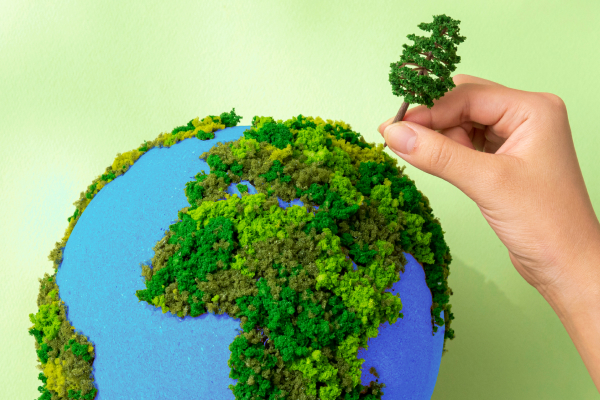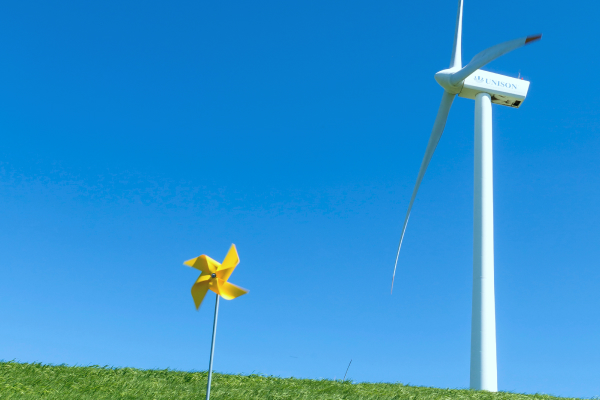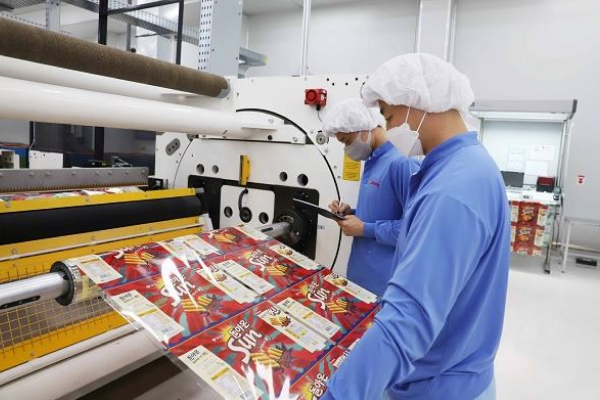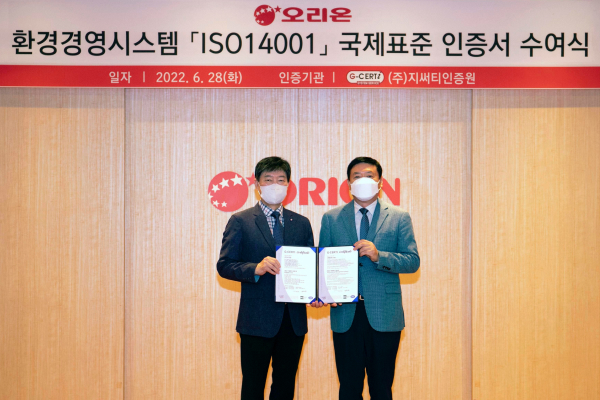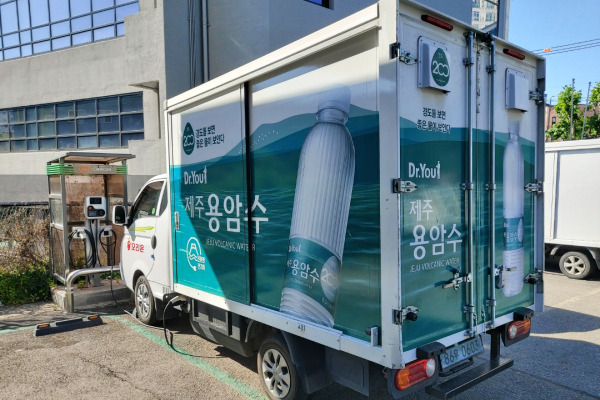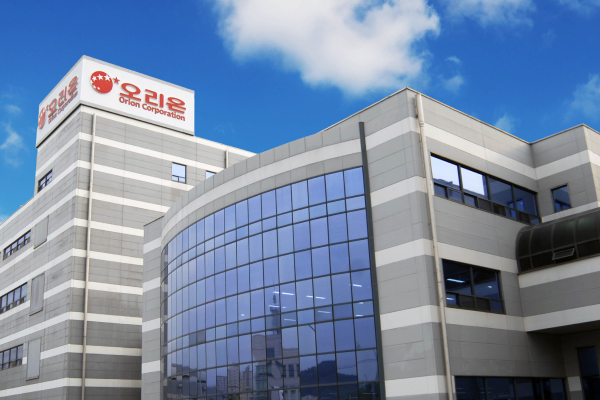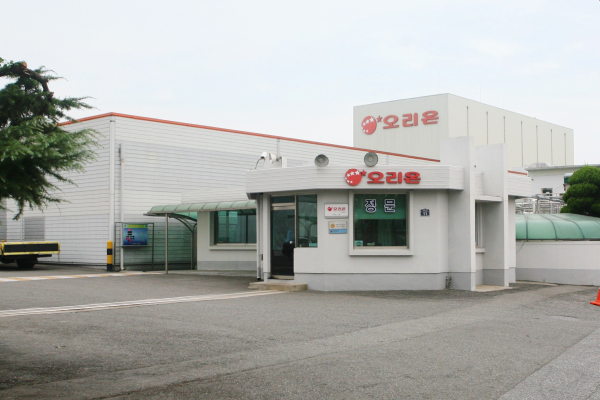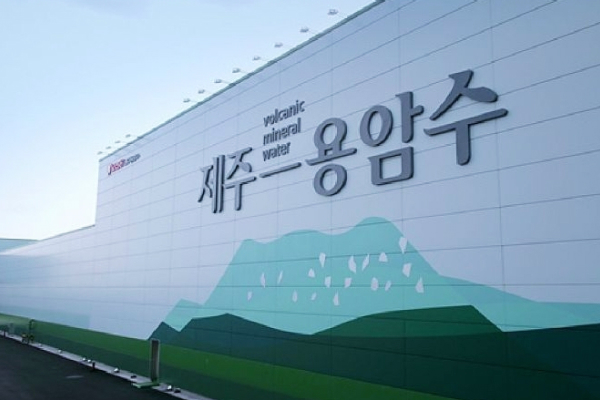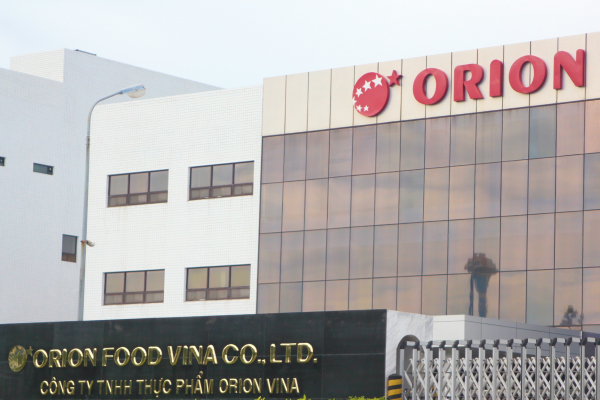Environmental Management Policy
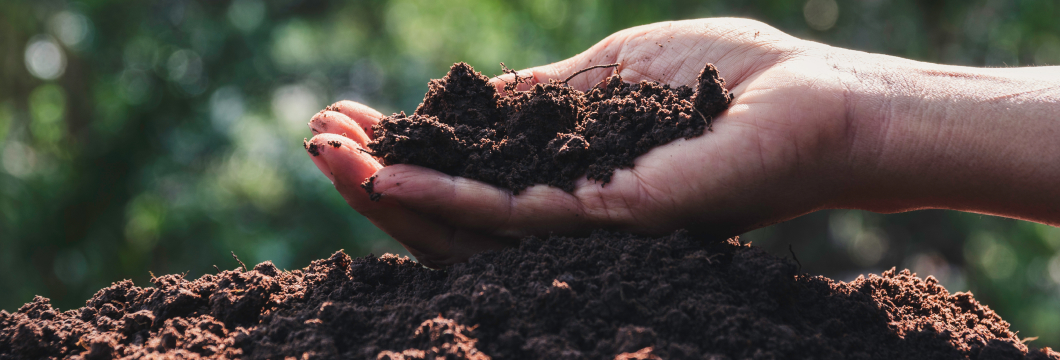
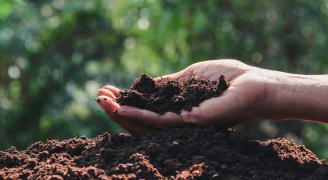
In pursuit of sustainable eco-friendly management in accordance with our management policy, Orion has embraced environmental management practices as follows by conducting eco-friendly activities in all stages of product development, production, sale, & disposal.
01 Compliance with environmental laws
We comply with environment-related laws and strictly prevent environmental risks by applying rigorous environmental control standards.
02 Eco-friendly management system
Based on the corporate management system that promotes environmental practices, we set action plans, regularly measure our progress, and make improvements as needed.
03 Eco-friendly initiatives
We always minimize our environmental impact by using less energy, reducing GHG emissions, and cutting down the use of pollutants throughout the process, including product development, production, sale, and disposal.
04 Realizing ideas into action
We provide all employees with an opportunity to learn more about environmental practices and enhance their competencies so they can have in-depth knowledge on our policies and system and put them into practice.
Orion Corporation
CEO Seung-Joon Lee

A Dedicated Organization for Environment Management
We formed the ESG Steering Committee, a decision-making organization under the BOD, to deliberate and make decisions on major ESG issues and action plans including investments in environmental initiatives. We have also set up a Green TF under the CSR team, a dedicated organization for ESG issues, to formulate and implement eco-friendly management strategies company-wide. Eco-friendly management strategies devised this way are adopted by production (each factory), ENG, and general affairs organizations responsible for implementing environmental initiatives.
ESG decision-making body
CSR Team
Responsible for making and implementing eco-friendly management practices


 Production(Cheongju/ Iksan/
Production(Cheongju/ Iksan/Ansan factories)
 ENG
ENG General affairs manager
General affairs manager-
Environmental Training for Employees We provide environmental training for our employees to ensure that environmental management practices are actually used in business.
-
Environmental Performance Evaluation We also evaluate and manage our performance by each affiliated company and organization based on different environmental management items.
Medium- to Long-Term Goals and Strategic Framework for Eco-Friendly Management
Orion is pursuing its vision of "Green Growth" through strategic directions focused on "Climate Change Response" and "Sustainable Resource Circulation," establishing the following medium- to long-term goals and strategic tasks.
| Vision | Orion GREEN GROWTH | ||||||
|---|---|---|---|---|---|---|---|
| Medium- to Long-Term Goals | Greenhouse Gas | Energy | Water Usage | Waste | |||
| 2030년 | Reduce greenhouse gas emissions by over 30% (compared to 2018, Scope 1 and 2 total) |
Transition to renewable energy sources for over 40%. |
Reduce water usage by over 10% (compared to 2020, major business sites) |
Achieve a waste recycling rate of 100% (major business sites) |
|||
| 2050년 | Achieve carbon neutrality | Achieve 100% renewable energy across all facilities. | Achieve water conservation across all facilities | Reduce waste and recycle across all facilities | |||
| Strategic tasks |
|
|
|
|
|||
 |
|||||||
| Implementation method |
|
||||||
Key eco-friendly Activities and Achievements
By 2030, Orion aims to reduce greenhouse gas emissions by 30% (compared to 2018 levels) and achieve carbon neutrality by 2050.
-Establishment of a Global Environmental Information System
-Introduction of eco-friendly printing equipment ('Flexo machines')
-Introduction of electric vehicles for commercial use
-
Set up the Integrated Control System for Reduction of
Global Carbon Emissions -
Installed flexo machines,
eco-friendly printing equipment -
Accredited with certificates (ISO14001) for
environmental management systems -
Adopted EVs for
sales activities
(Unit: KRW 100 mil)
(E)
2022 2023 2024 2025
Orion is committed to delivering socially and environmentally responsible products to consumers.
Since 2014, through our Eco-Friendly Packaging Project, we have reduced packaging sizes and ink usage to protect the environment, while increasing product volume to provide greater value to consumers. In 2015, we reduced printing colors for 22 brands, saving 88 tons of ink annually. In 2017, we successfully developed an eco-friendly ink free from harmful VOCs and became the first in the food packaging industry to obtain the Ministry of Environment's Green Technology Certification.
In 2023, we further advanced our packaging technology by applying water-based ink with flexographic printing, which significantly reduces hazardous chemicals. This innovation earned us Green Technology Certification for packaging manufacturing and Green Technology Product Certification for packaging using this method. As a result, we are able to reduce ink and organic solvent usage by up to 800 tons annually, contributing greatly to environmental protection.
In 2019, we applied water-soluble labels to 'Dr. You Jeju Volcanic Water'. In 2022, we launched 'Dr. You Jeju Volcanic Water No-Label', which incorporates three eco-friendly features—no label, clear caps, and clear bottles—enhancing recycling efficiency and consumer convenience in waste separation. Thanks to these efforts, the 530mL 'Dr. You Jeju Volcanic Water No-Label' received the highest "Best for Recycling" grade under the Ministry of Environment's Packaging Material Recycling Assessment Standards.
We are also dedicated to eco-friendly procurement. Through our internal Green Purchasing Policy, we take environmental factors into consideration from the earliest stages of procurement, prioritizing products certified for their eco-friendliness, such as Eco-Label and Recycled Certification products. This approach helps conserve resources and reduce environmental pollution.
Climate Change Response
In response to global climate change, the company continues to strengthen group-wide efforts to reduce greenhouse gas (GHG) emissions and improve energy management. In Korea, various initiatives were implemented in 2024 with the goal of reducing GHG emissions intensity by more than 3% compared to the previous year.
※ 2023 intensity: 0.72 → 2024: 0.72
Similarly, the company worked to improve energy efficiency — including upgrading production facilities — aiming for a 3% reduction in energy consumption intensity compared to the previous year.
※ 2023 intensity: 0.0144 → 2024: 0.0144
-
Cheongju Factory
-
Iksan Factory
-
Providing support for our suppliers
&affiliates -
Investment in & development of renewable energy
in overseas affiliated companies
Water and Waste Management
To ensure the efficient use of water resources in our production processes, we set a goal to reduce water consumption intensity by 2% compared to the previous year.
Notably, the Cheongju Factory leads eco-friendly practices by recycling 100% of the water used for potato washing for other cleaning purposes.
※2024 water usage decreased by 7.5%: 2023 intensity 7.85 ⇒ 2024 intensity 7.26
We are also managing operations with the goal of achieving a 100% waste recycling rate.
※ 2024 waste recycling rate: 95.5%
Our eco-friendly "One-Stop Package" snack series allows products to be displayed immediately after opening the packaging, reducing additional handling and waste. At each factory, 100% of sludge and plant-based residues are reused for composting and soil improvement.
In 2025, the Ansan Factory became the first in the domestic flexible packaging industry to receive Recycled Resource Recognition for waste synthetic resins (PP, PET, PE) generated during packaging material production, enabling their recycling instead of disposal.
Environmental Risk Control
We operate our accident-handling system in our headquarters and plants to best fit the distinctive traits of each location for practical risk control in the field.
Head of the General Affairs Department
Heads of each team

Workers in each division
Chairman of the Accident-Handling Committee(Factory manager)

Vice chairman of the Accident-Handling Committee(Heads of each organization)

- Occupational Accident Response Team(Business division)
- Environmental Accident Response Team(Facilities division)
- Fire Response Team(Facilities division)
We rigorously manage all the chemical substances we handle and 530 types of reagents for analysis based on Material Safety Data Sheet (MSDS) standards, as well as environmental risks by managing legal risks, usage, and storage facilities.
-

Legal risk control
- Completed offsite risk assessment, installation inspection, & regular inspections
-

Usage and storage facility control
- Maintenance of locking devices, safety tool box, GHS, thermometers, hygrometers, MSDSs, storage bins & containers, ventilation fans, & usage logs
As the importance of corporate social responsibility towards the environment and sustainable growth increases, we have established a company-wide response system to actively address the strengthening of environmental laws and regulations. The following strategies and activities are implemented
1) Environmental Regulation Compliance Evaluation Manual
At the corporate level, we have developed a manual to identify environmental laws and regulations requirements and to conduct compliance evaluations. We received certification for systematic evaluation and monitoring of environmental regulation compliance through our Environmental Management System (ISO 14001).
2) Checklist for Preventing Environmental Regulation Risks
Environmental managers at each factory operate checklists to proactively address changes and amendments to applicable laws and regulations throughout the entire production process. This checklist is prepared and managed in a monthly environmental work calendar format.
3) Self-Inspection Activities
Employees at each factory conduct regular checks on environmental regulation issues through a self-inspection program. They perform monthly inspections and implement corrective actions for any deficiencies identified.
Community Environmental Impact Reduction and Biodiversity Conservation Activities
We contribute funds to the Orion Foundation to implement community environmental impact reduction activities and biodiversity conservation initiatives, as outlined below
※Research Achievements of the Marine Animal Research Center (MARC)
- Conducted ecological research and campaigns on Indo-Pacific bottlenose dolphins and finless porpoises in 2024.
→ Implemented the "Keep a Safe Distance" campaign to raise awareness of factors—such as vessel tourism—that may impact dolphin habitats, and carried out three months of acoustic monitoring in their habitat.
→ Secured 12 finless porpoise carcass sample data points and conducted four days of field surveys for behavioral observation.
| Lowering environmental impact | Biodiversity preservation | |||
|---|---|---|---|---|
 |
 |
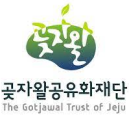 |
 |
 |
| World Vision Global 6K For Water: 15million KRW(2018-2020) |
Jeju Techno Park Jeju Water Resource Protection: 300 million KRW(2021-2022) |
The Gotjawal Trust of Jeju Foundation |
WWF Protection of Bottlenose Dolphins: 10million(2021) |
MARC Protection of Bottlenose Dolphins:25million(2022-2024) |
| KRW 420 million in total | ||||



